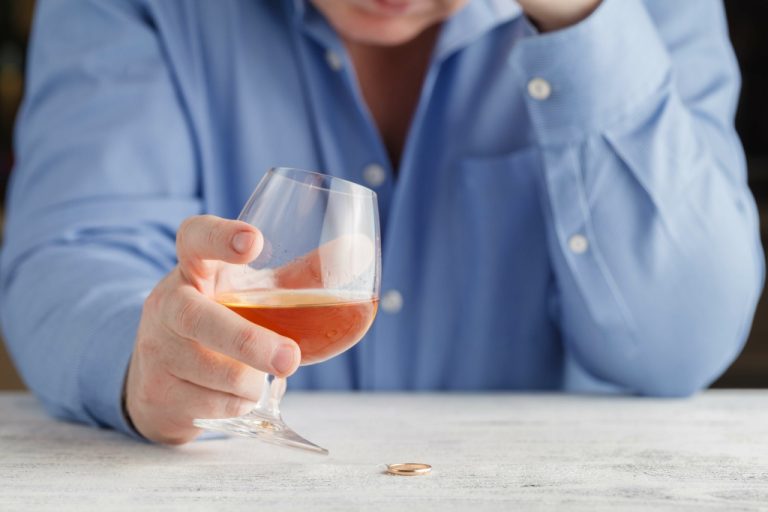Content
Even more prevalent than these factors is engaging in enabling and sympathetic drinking with a significant other who is abusing alcohol. We don’t learn to change our behaviors if our behaviors are tolerated. Growing up around alcohol alone will not cause an individual to develop an alcohol use disorder, and it can increase the chance of engaging in alcohol use that could sow the seeds of progressive alcoholism.

Also, behavioral genes influence your tendency for destructive behavior. Mental illness is also common in people with alcohol use disorder because they use alcohol to cope. If your family has a history of mental health issues, then those genes further increase your risk for alcoholism.
Getting Help for Alcoholism
It’s important to remember that predisposition does not necessarily cause alcoholism to develop but rather contributes to the disease. Therefore, regardless of your predisposition, it’s possible to avoid alcoholism. sober house Peer pressure and drug accessibility are other environmental factors that can influence your decisions. Social and cultural forces, poverty, and a history of physical or sexual abuse also affect you.
Researchers say multiple genes could increase your risk of developing alcoholism. Those genes could make alcohol more rewarding for you, making you more likely to keep drinking when you start. If you know that you are at risk of developing an alcohol problem, you can take some steps to prevent it. Talking to a counselor is one method that has been proven to be effective. You do not have to wait until you have an alcohol addiction to ask for help. A counselor can teach you coping skills and other techniques to help you avoid excessive drinking.
Is Alcoholism Hereditary? Genetics & Addiction
In many cases, the initial linkage studies were followed by more
detailed genetic analyses employing single nucleotide polymorphisms (SNPs) that were
genotyped at high density across the linked regions. Some of the genes identified
through this approach have been replicated across a number of studies and appear to
be robust genetic findings. In this way, genetics are partially responsible for the relatively high common act of alcohol abuse. However, a person’s genome isn’t the only thing that can influence them to binge drink or become an alcoholic.
Is there no single cause of alcohol use disorders?
There is no singular cause of alcoholism. In fact, there are dozens of risk factors that play a role in the development of an alcohol addiction. These risk factors interact differently in every individual, leading to alcohol use disorders in some and not in others.
Many of the existing genetic experiments examining substance abuse and addiction involve mice, which are bred to be good analogues of human genetics. However, there are few long-term studies that have conclusively linked specific genetic traits to humans who struggle with AUD. It is pretty well understood that high-stress environments and trauma are linked to alcohol use disorder, so appropriate therapy to manage these mental and behavioral conditions is extremely important. When the person drinks alcohol, for example, they may feel relaxed and happy compared to the stress they feel when they are sober. This reinforces the desire to use alcohol as a coping mechanism for stress. Those who have mental illnesses, especially anxiety, depression, bipolar disorder, and schizophrenia are very likely to struggle with co-occurring alcohol use disorder.
Understanding Genetics
Having alcoholic family members doesn’t mean you’re going to abuse alcohol yourself. When you know you have a genetic predisposition, it’s important to understand the symptoms of addiction. If you find you are exhibiting signs of alcoholism, seek treatment as soon as possible. Children of alcoholic parents or grandparents often struggle with problem drinking themselves.
- Some detox facilities in the United States specialize in drug rehab while others focus on alcohol rehab, but many are blended.
- Mental illness increases the likelihood of developing alcoholism by 20% to 50%.
- When you’re more able to feel intoxicated after drinking, you may begin to rely on that feeling for pleasure.
- Those with moderate or severe disorders may need to go through a medically supervised detoxification program.
- Addressing these mental health issues properly could mean avoiding an alcoholism problem.
